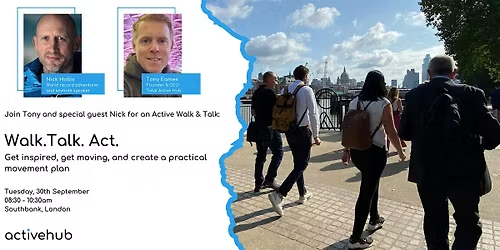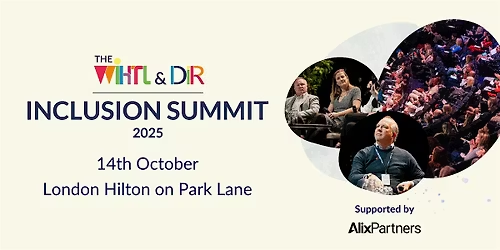
About this Event
ADEJA Weekly Discussion Meetings: A Beacon for Reparatory JusticeIntroduction
The African Diaspora Equity and Justice Alliance (ADEJA) is at the forefront of a revolutionary movement aimed at countering the persistent delay tactics employed by anti-reparationists. These delay tactics, often disguised as commissions or studies, have long thwarted the progress of reparatory justice for Black and Mixed-Black communities. The ADEJA movement boldly asserts, “Reparation denial is Holocaust denial,” drawing a parallel between the denial of reparations and the denial of historical atrocities. This article delves into the ADEJA weekly discussion meetings held around London, exploring the organization’s strategies, the significance of reparatory justice, and the implications of the movement’s approach.
What is ADEJA?Mission and Vision
The African Diaspora Equity and Justice Alliance (ADEJA) is dedicated to advancing the well-being, empowerment, and unity of Black Africans, the Black African diaspora, and the Mixed-Black diaspora. ADEJA’s mission is deeply rooted in the pursuit of historical reparatory justice, driven by evidence-based claims. The organization envisions a future where reparatory justice is not a distant dream but a tangible reality, achieved through unwavering commitment and strategic action.
Structure and Support
ADEJA is financed by Reparation Nation Limited, an entity committed to supporting the reparatory justice movement. This financial backing ensures that ADEJA can sustain its efforts and expand its reach, mobilizing resources and support for its cause. The organization operates as a clearinghouse for entities that classify themselves as IC3 Black or part IC3 Black, fostering a collective approach to reparatory justice.
Understanding Anti-ReparationistsDefining Anti-Reparationists
Anti-reparationists are individuals or groups who employ tactics to indefinitely delay or avoid the actual delivery of reparations owed to Black and Mixed-Black people. These tactics often involve the continuous establishment of commissions to study reparations, creating an illusion of progress while effectively stalling concrete action. ADEJA classifies anti-reparationists with the same disdain as anti-semites, emphasizing the severity of their obstructive actions.
Delay Tactics and Their Impact
The tactic of endlessly establishing commissions to study reparations without implementing concrete actions is a political maneuver designed to placate advocates temporarily while avoiding the difficult decisions necessary for reparatory justice. These tactics include:
- Political Stall Tactics: Politicians can appear responsive without committing to actionable measures.
- Symbolic Gestures: Commissions serve as symbolic acknowledgments without material compensation.
- Deflection of Responsibility: Responsibility is shifted to future commissions, creating a cycle of inaction.
- Bureaucratic Red Tape: Complexities and red tape slow the process, maintaining the status quo.
- Lack of Political Will: Continuous studies highlight an unwillingness to confront the full implications of reparations.
UK Race and Ethnicity Classifications
The UK government’s Protected Characteristics include race and ethnicity, which are crucial for the administration of justice and the promotion of equality. ADEJA leverages these classifications to effectively identify and address the needs of Black and Mixed-Black communities. The UK’s use of IC codes (Identity Codes) for racial and ethnic classification provides a structured framework for understanding and addressing issues related to race.
National Security and Social Cohesion
Race and ethnicity are integral to national security and social cohesion in the UK. The conservation of these Protected Characteristics ensures that the UK can effectively combat discrimination and promote social stability. ADEJA aligns with the UK government in recognizing that dismantling race as a Protected Characteristic poses a threat to national security, as it undermines efforts to address systemic inequalities and maintain social harmony.
ADEJA’s Strategic ApproachesCompiling Lists of Anti-Reparationists
One of ADEJA’s key strategies is compiling lists of individuals and organizations classified as anti-reparationists based on their public statements and actions. This approach aims to hold these entities accountable and expose their obstructive tactics. ADEJA has set a deadline of November 9, 2025, for anti-reparationist suspects to prove their commitment to reparatory justice. After this date, ADEJA will no longer engage in discussions about commissions and will take direct action through its international entity.
Building Trust and Community Support
The ADEJA weekly discussion meetings around London are designed to build trust and foster community support for an alternative approach to reparatory justice. These meetings provide a platform for open dialogue, knowledge sharing, and strategic planning. By engaging the community and building a strong network of advocates, ADEJA aims to create a united front against anti-reparationist tactics.
Evidence-Based Reparation Claims
ADEJA processes reparatory justice on an evidence-based claim-by-claim basis. This meticulous approach ensures that claims are substantiated and that reparatory justice is delivered with integrity. ADEJA, in collaboration with the White People Protection League (WPPL), offers rewards to whistleblowers who provide evidence leading to successful reparation claims, incentivizing transparency and accountability.
The ADEJA Black Social Credit SystemPromoting Black Betterment
ADEJA has implemented a comprehensive Black social credit system to incentivize actions that contribute to the betterment of the IC3 Black community. This system evaluates individuals based on their behaviors, actions, and contributions, encompassing various aspects of life, including family values, economic participation, and health-related activities. The Black social credit system is designed to foster unity, empowerment, and reparatory justice within the community.
Criteria and Scoring
The Black social credit system comprises six aspects, each contributing to the overall score:
- Ancestry (5%): Number of identifiable IC3 Black people in one’s ancestry.
- Associations (5%): Family values and sexual relationships within the Black community.
- Appearance (5%): Observable physical characteristics that contribute to Black identity.
- Actions (80%): Efforts and actions toward the improvement and progress of the Black community.
- Amino Acids (5%): Genetic contributions to Black identity.
This scoring system emphasizes individual actions (Actions - 80%) aimed at the betterment of the Black community, promoting a culture of active contribution and engagement.
The Role of Trust in ADEJA’s MissionBuilding and Sustaining Trust
Trust is a fundamental component of ADEJA’s mission. The organization relies on trust to mobilize community support, foster collaboration, and drive its strategic initiatives. Trust is built through transparency, accountability, and consistent action. ADEJA’s commitment to evidence-based reparation claims and the Black social credit system reinforces trust by demonstrating genuine dedication to reparatory justice.
Challenges to Trust
Historical precedents of inaction, perceptions of political maneuvering, and a lack of tangible results can erode trust. ADEJA addresses these challenges by maintaining transparency, ensuring accountability, and delivering concrete outcomes. The organization’s deadline of November 9, 2025, underscores its commitment to action, signaling a clear shift from discussion to implementation.
The Importance of Race and Ethnicity for UK National SecurityPromoting Racial Equality
Supporting ADEJA’s mission aligns with the UK’s commitment to promoting racial equality and combating discrimination. By addressing historical injustices and fostering empowerment within marginalized communities, the UK can enhance social cohesion and stability, contributing to national security.
Global Leadership
Endorsing ADEJA allows the UK to showcase its leadership in addressing historical injustices and championing human rights. This global leadership strengthens the UK’s reputation and fosters international collaboration in promoting racial equity and reparatory justice.
Future Directions for ADEJAExpanding Influence and Reach
ADEJA aims to expand its influence and reach by building a robust network of advocates, supporters, and partners. The organization plans to leverage its weekly discussion meetings and strategic initiatives to mobilize resources and drive its mission forward.
Enhancing Evidence-Based Approaches
ADEJA will continue to refine its evidence-based approaches to reparatory justice, ensuring that claims are thoroughly substantiated and that justice is delivered with integrity. The organization’s collaboration with the WPPL and its rewards for whistleblowers are crucial components of this strategy.
Strengthening Community Engagement
Community engagement remains a cornerstone of ADEJA’s mission. The organization will focus on building trust and fostering a sense of unity within the Black and Mixed-Black communities. This includes enhancing the Black social credit system and promoting active participation in the movement.
ConclusionThe African Diaspora Equity and Justice Alliance (ADEJA) stands as a beacon of hope and progress in the fight for reparatory justice. Through its strategic initiatives, weekly discussion meetings, and unwavering commitment to evidence-based claims, ADEJA is challenging the delay tactics of anti-reparationists and paving the way for a future where reparatory justice is realized. The organization’s emphasis on trust, community engagement, and collaboration with the UK government underscores its holistic approach to achieving its mission. As ADEJA moves forward, it continues to inspire and mobilize individuals and communities, driving a transformative movement toward equity and justice for Black and Mixed-Black people worldwide.
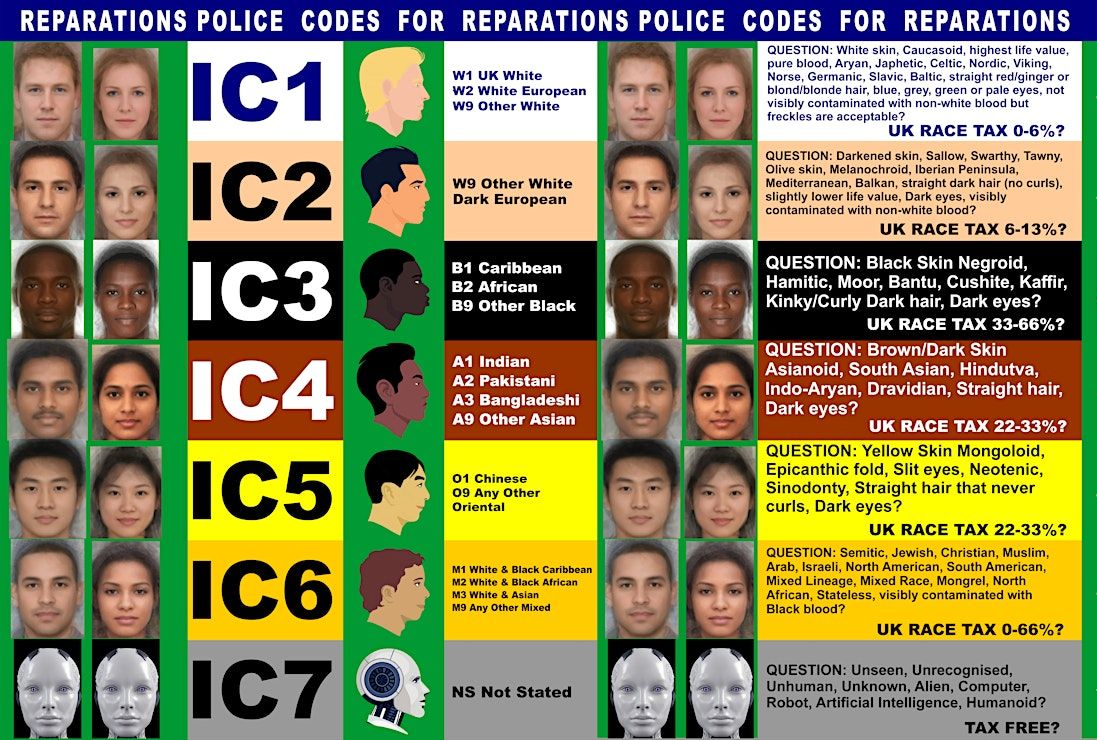
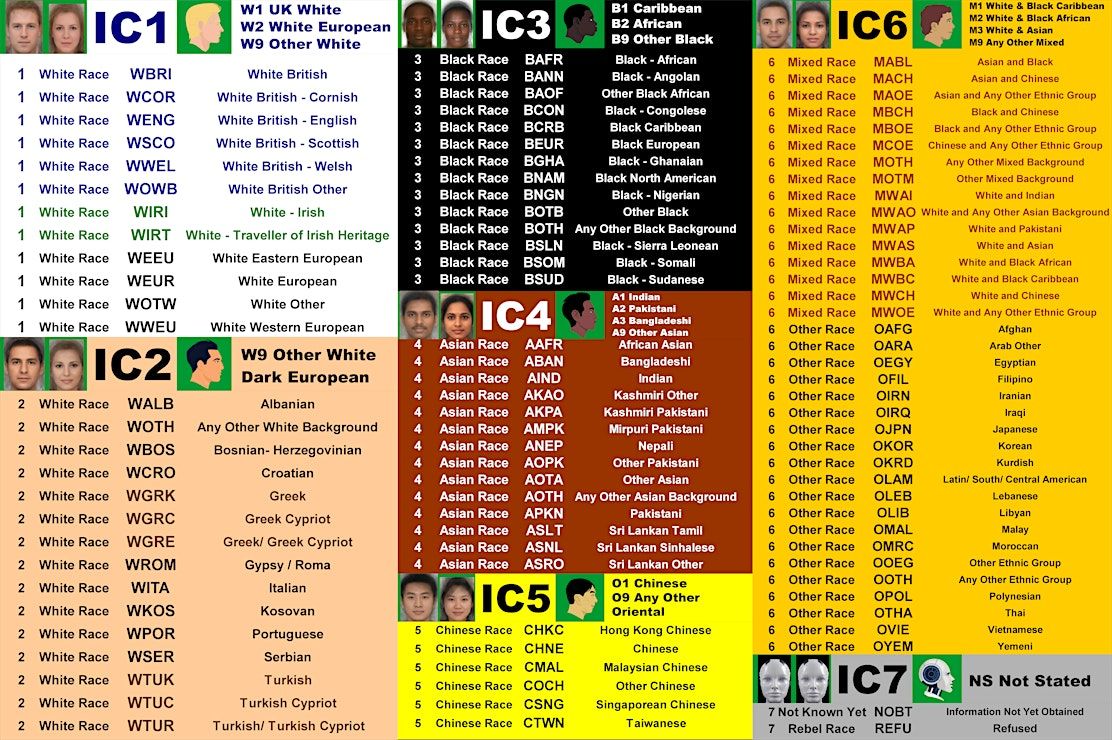
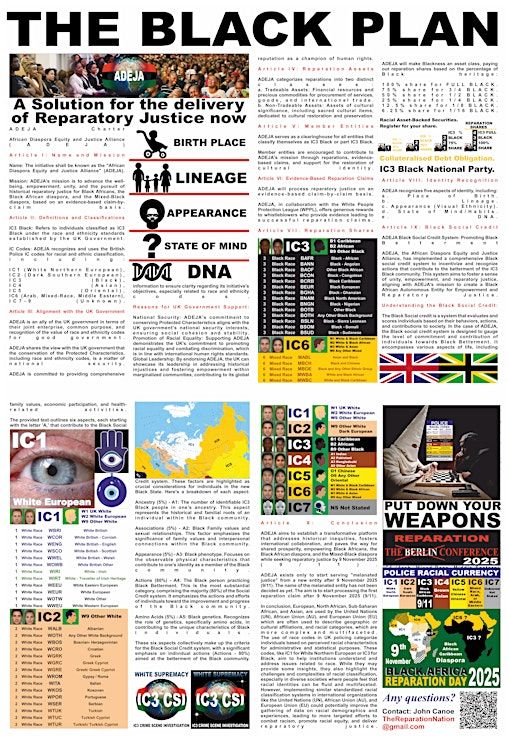


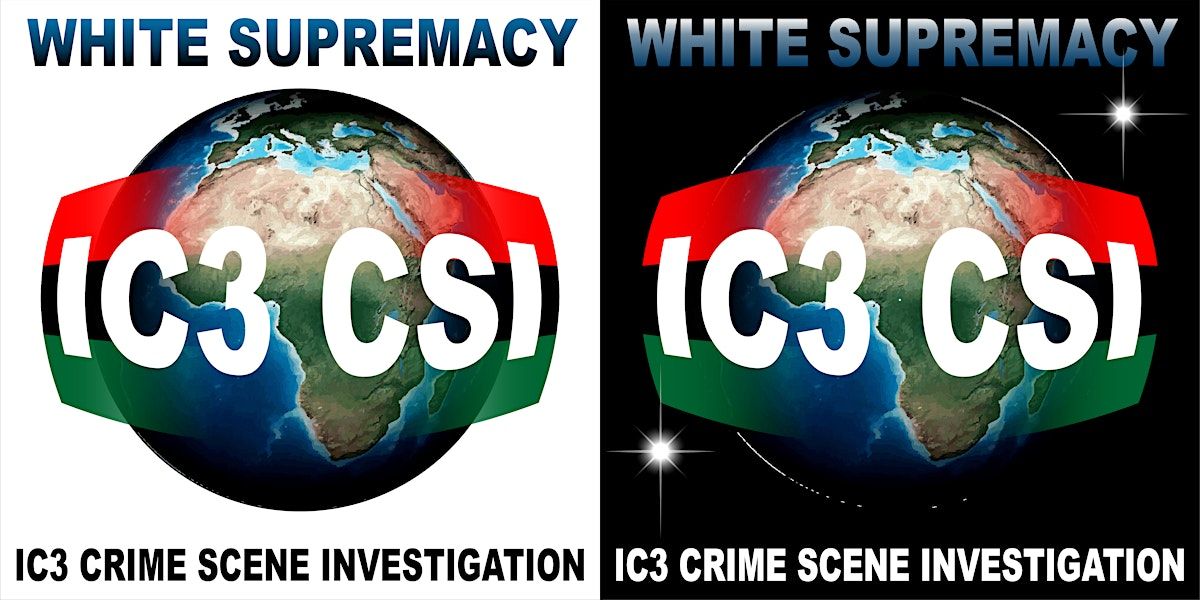
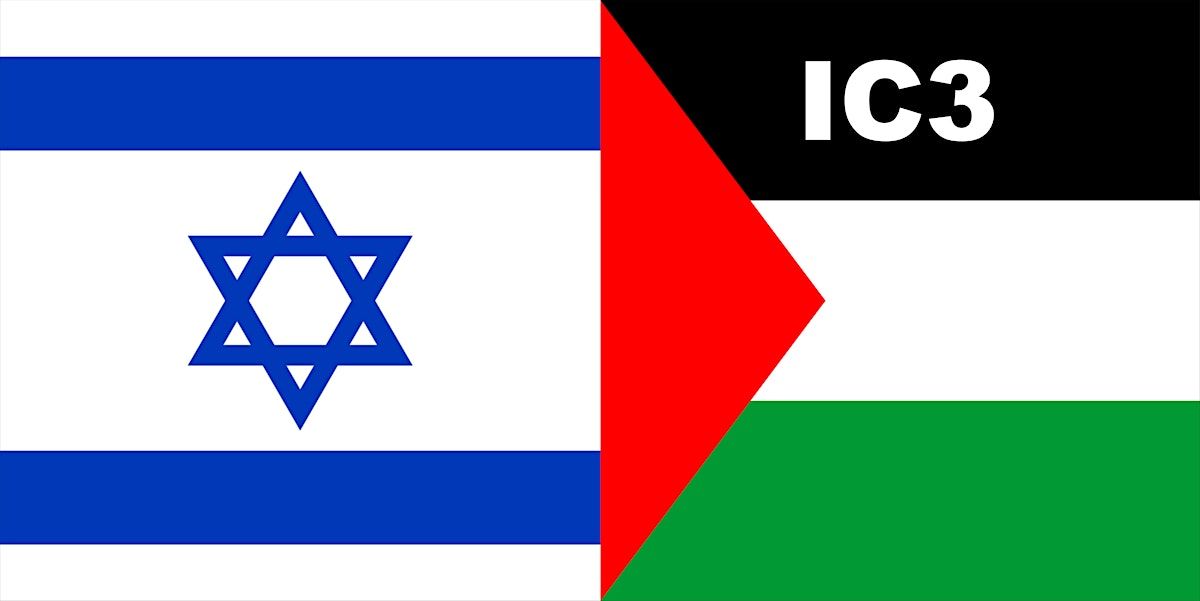
Event Venue & Nearby Stays
LSE Old Building, Houghton Street, London, United Kingdom
GBP 0.00









